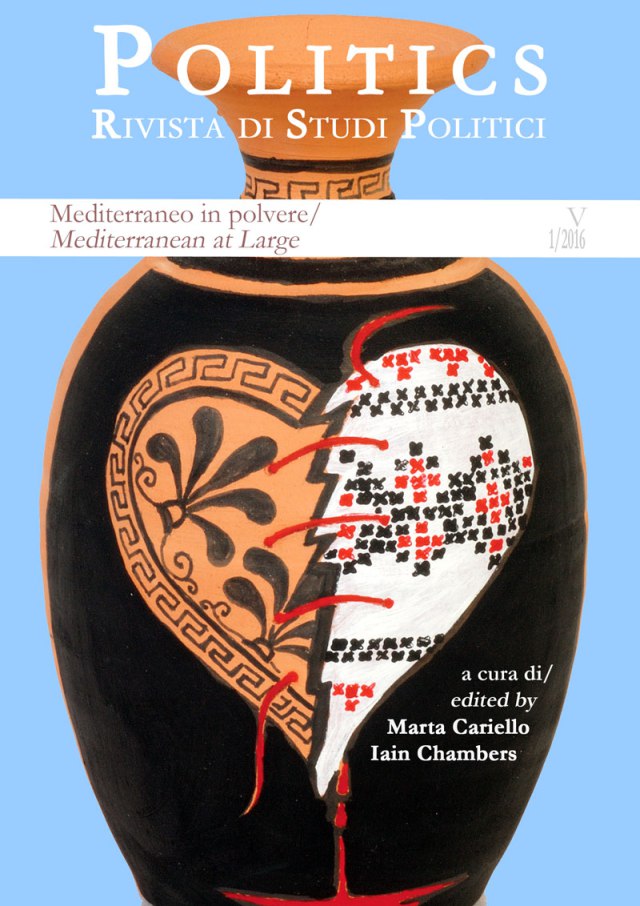Coproducing Nostalgia across the Mediterranean: Visions of the Jewish-Muslim Past in French-Tunisian Cinema
Abstract
In the wake of the Tunisian Revolution that in turn launched the Arab Spring popular uprisings, the previous support of Jews of Tunisian origin living in France for the Ben Ali dictatorship prompted a new level of engagement with Tunisian politics. This article examines the collaboration between Jewish and Muslim writers and filmmakers that created a series of nostalgic films depicting the country’s “exceptional” cosmopolitan past. Analyzing Nouri Bouzid’s Homme de cendres (1986), Férid Boughedir’s Un été à la Goulette (1996) and Villa Jasmin (2007), and Lucie Cariès’s Bon baisers de la Goulette (2007), these films critique the contemporary discourse depicting Jews and Muslims as eternal enemies. Shifting the burden of conflict away from indigenous Tunisians, they show French colonialism and/or the IsraeliArab wars as exogenous factors that undermined the inherent harmony of a shared Mediterranean past. Regardless of the veracity of these narratives, the article questions the limits and constraints of such nostalgic discourse to address present Jewish-Muslim dynamics in France and beyond.Downloads
Download data is not yet available.
Pubblicato
2016-07-21
Sezione
Articoli
Copyright (c) 2016 Robert J. Watson

This work is licensed under a Creative Commons Attribution-NonCommercial-ShareAlike 4.0 International License.
In conformità col Public Knowledge Project, la rivista accoglie l'uso di una licenza CREATIVE COMMONS license CC Attribuzione - Non commerciale - Condividi allo stesso modo 4.0
http://creativecommons.org/licenses/by-nc-sa/4.0

